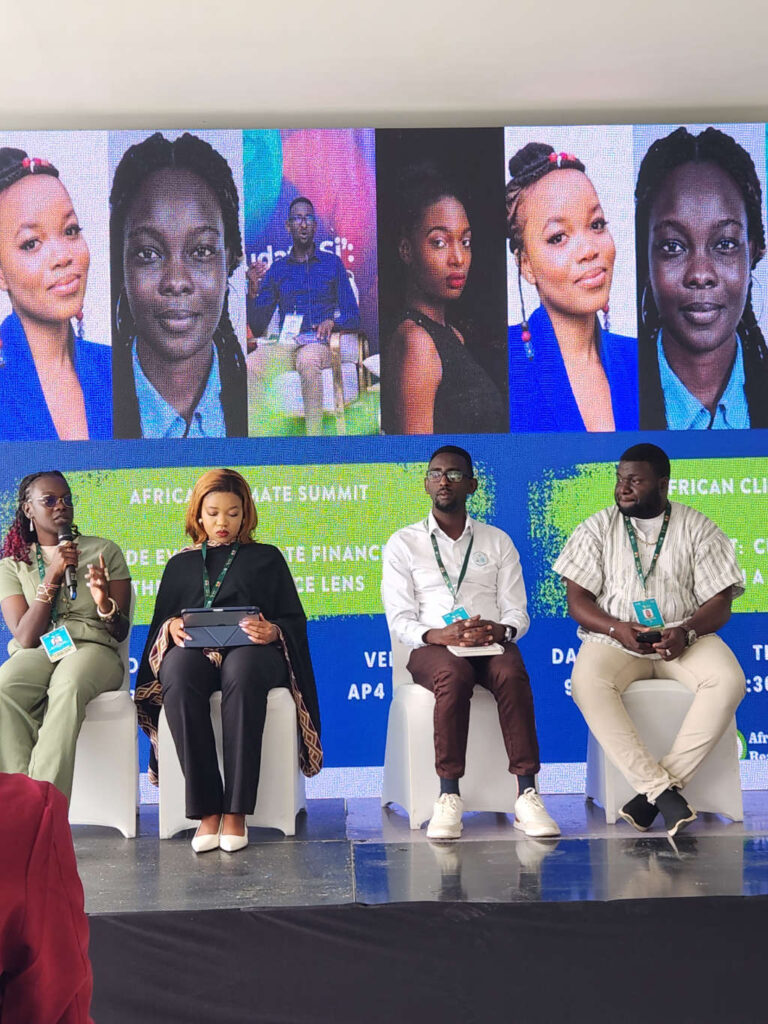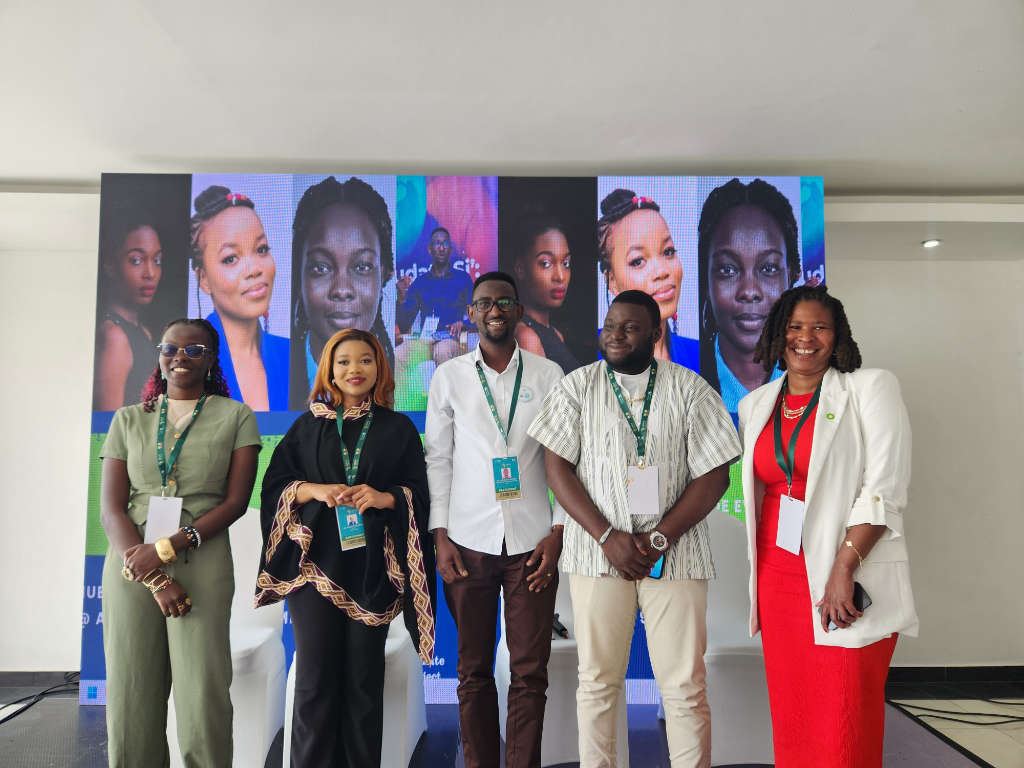By: Mwenya Chitambala
On 8 September, LSM Africa hosted the side event “Lighting the Way: Renewable Energy and the Dignity of Life” at the Addis Ababa International Convention Centre.
The session showcased Catholic-led renewable energy initiatives across Africa, from parish-based solar projects powering schools and clinics, to diocesan partnerships with women-led energy entrepreneurs like Solar Sister, to grassroots clean energy transitions supported by LSM chapters. These examples illustrate that renewable energy is not only about meeting climate targets but also about upholding human dignity, as it improves healthcare, education, and daily life in underserved communities.
Distinguished speakers included Bishop of Lokossa, Benin, Pamela Levira (African Union Commission), Karabo Mokgoyana (Power Shift Africa), Jean Marie Vianney Nikobahoze (JPIC-Franciscans Africa, Kenya), Wesley Chibamba (Caritas Africa), and Steeven Kezamutima (LSM Africa).
Karabo Mokgoyana underscored the urgency and opportunity in Africa’s demographics, saying: “Africa is the youngest continent, and this is our strength. We must ensure that young people and women are at the centre of the renewable energy transition.”
Echoing this call for urgency, Wesley Chibamba of Caritas Africa stressed that boldness is non-negotiable: “We need to take even more bold action in ensuring that changes are made, and that we are at the decision-making process where those changes happen.”
The event closed with a strong appeal for deeper partnerships between faith institutions, governments, and donors to ensure that no community is left behind in the energy transition. As one participant beautifully expressed it: “Renewable energy lights homes, but it also lights up hope, dignity, and justice.”
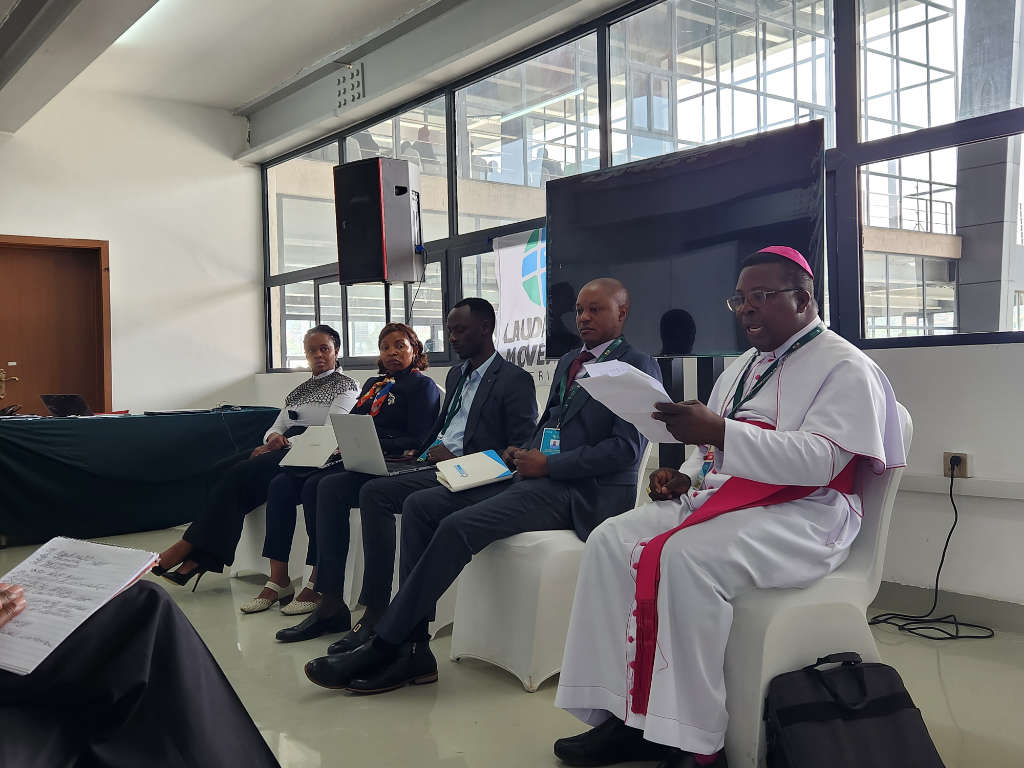
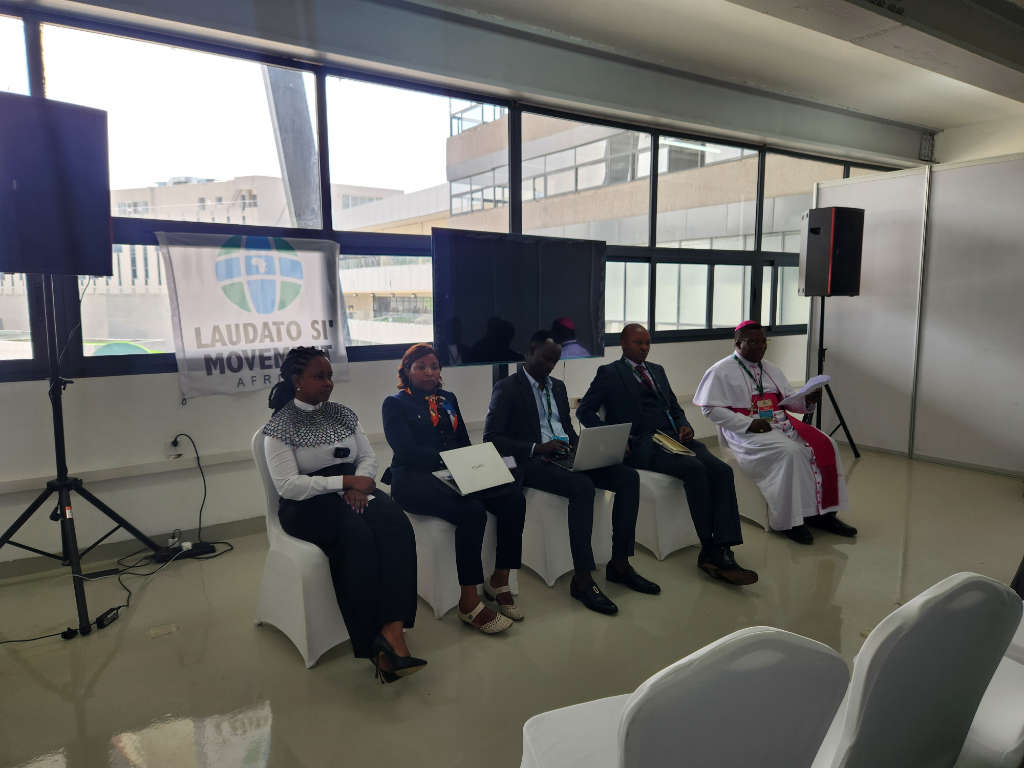
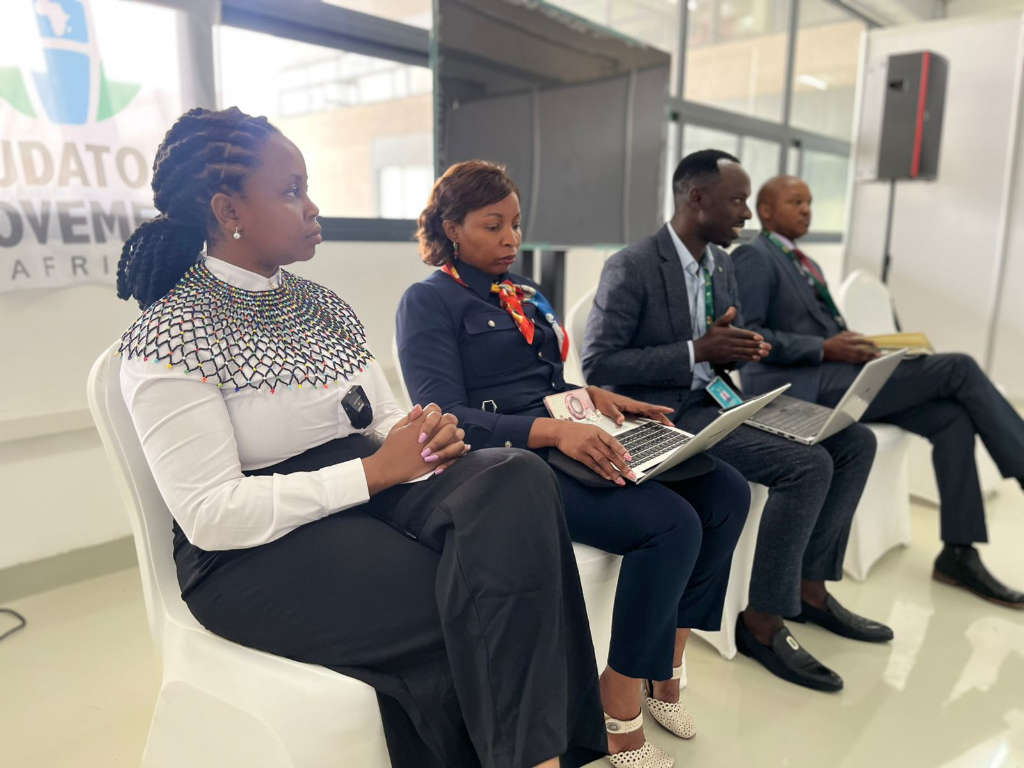
Faith Actors Briefing At the Sidelines of the Africa Climate Summit: A United Moral Voice
Later that evening, we joined fellow faith and climate organisations at the Faith Actors Briefing, organised in partnership with Christian Aid, GreenFaith Africa, SECAM, and others. This gathering created a vital space for interfaith leaders to stand together around a shared call for climate justice.
The highlight of the evening was Bishop Coffi Roger Anoumou delivering the official SECAM statement on the climate crisis. His words resonated deeply across the room, linking the urgency of the Africa Climate Summit to the Season of Creation. He stressed that caring for creation is both a spiritual responsibility and a moral demand, rooted in the Gospel and affirmed in Laudato Si’.
Together with our partners, we affirmed that faith communities are not simply observers but essential actors in the climate movement. By bringing moral clarity, grassroots mobilisation, and interfaith solidarity, we are helping to amplify Africa’s voice on the global stage ahead of COP30.
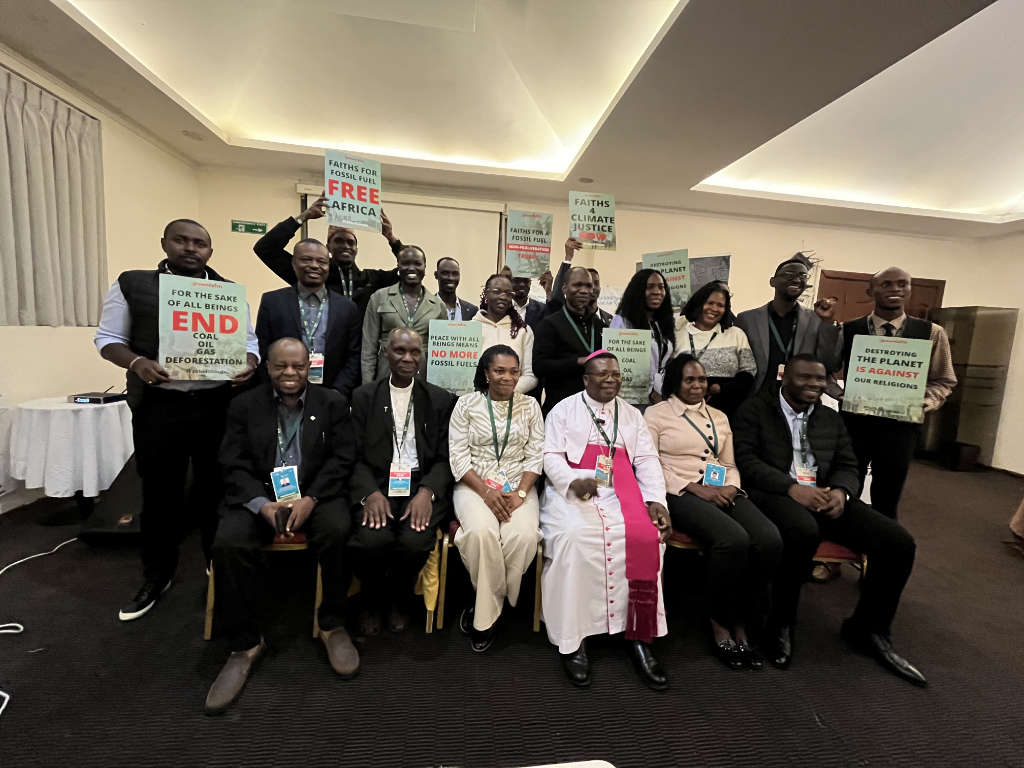
Day 2: Africa Climate Reality Project Side Event on Just Transition
Day two of the Africa Climate Summit (ACS2) carried the momentum forward, and for the Laudato Si’ Movement Africa, it proved to be both a deeply engaging and enriching experience.
Steeven Kezamutima, Africa Programs Coordinator at LSM, took part in a dynamic panel hosted by the African Climate Reality Project, where the central question posed was: Is a Just Transition possible for Africa?
The discussion made clear that a genuine Just Transition cannot leave anyone behind. The people at the margins, the most vulnerable, the communities already facing the harshest impacts of climate change, must not only have a voice but be placed at the centre of solutions. Steeven underscored the unique role of the Church, saying: “Well over 70% of Africa’s population is already feeling the impacts of climate change, and this majority must not only be cared for but decisively protected.”
He highlighted that the Church carries both a prophetic voice and a practical responsibility, ensuring that moral values, solidarity, and care for the poor remain at the heart of Africa’s transition.
The LSM team participated in several side events and connected with partners, further strengthening ties among faith actors, civil society, and policymakers.
